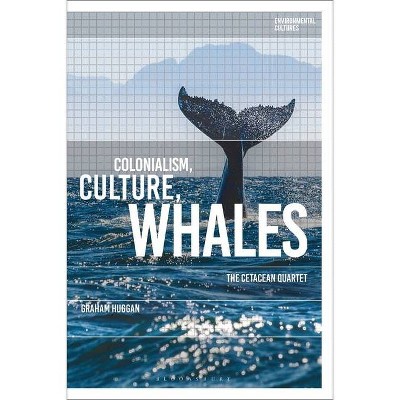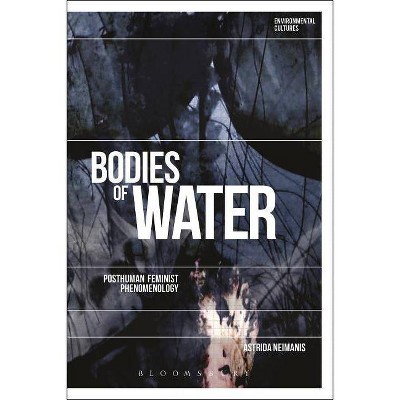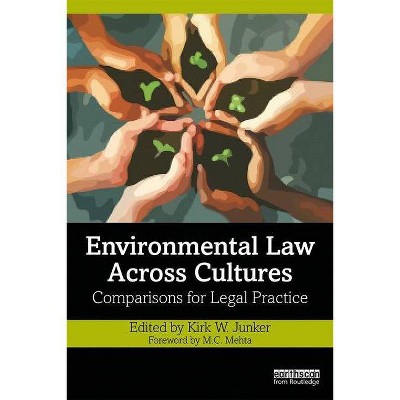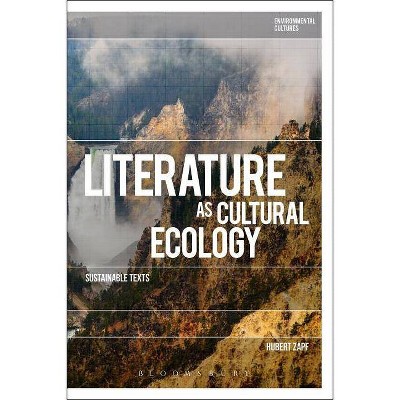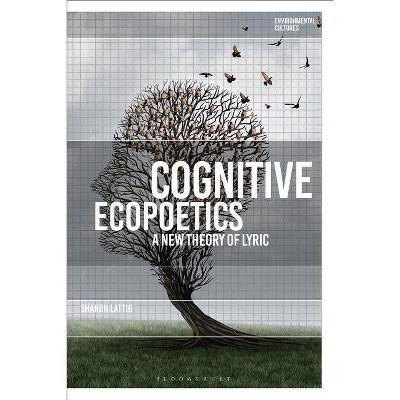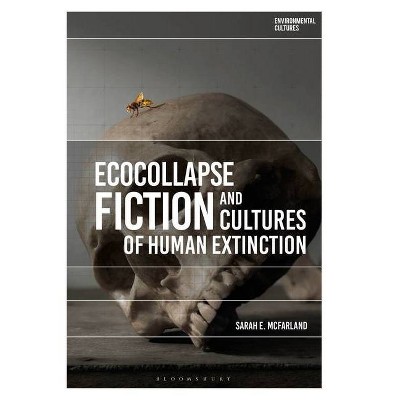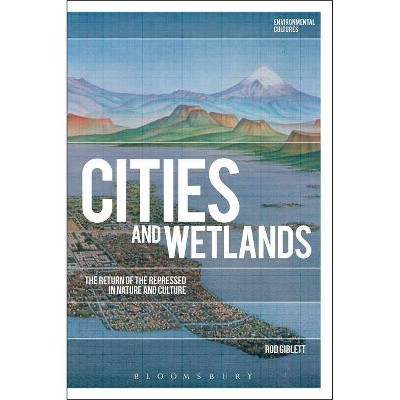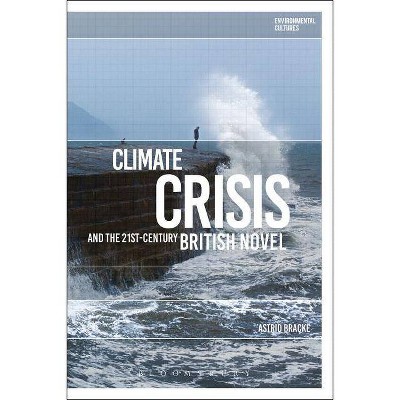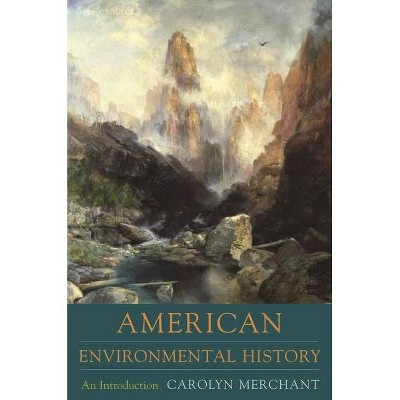Fuel - (Environmental Cultures) by Heidi C M Scott (Paperback)
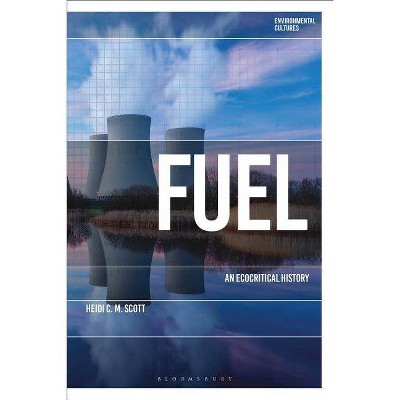
Similar Products
Products of same category from the store
AllProduct info
<p/><br></br><p><b> About the Book </b></p></br></br>This book charts our changing attitudes to fuel and energy through the literature and culture of the 18th-century to the present. Reading a range of writers from Blake, Austen and Dickens to Upton Sinclair and Edward Abbey, the author explores how our move from a pre-industrial reliance on biomass and elemental energy sources to our current dependence on the fossil fuels of coal, oil and natural gas have fundamentally shaped human identity and culture. The book 's Anthropocene perspective reshapes our view of energy history and climate change, and Fuel looks forward to ways in which we can reimagine our culture away from the fossil fuel paradigm towards a more sustainable energy future driven by renewable, elemental energy.<p/><br></br><p><b> Book Synopsis </b></p></br></br><i>Fuel: An Ecocritical History</i> is the first book to chart our changing attitudes to fuel and energy through the literature and culture of the modern era, focusing on the 18th-century to the present. Reading a wide range of writers from Blake, Austen and Dickens to Upton Sinclair and Edward Abbey, Heidi Scott explores how our move from a pre-industrial reliance on biomass and elemental energy sources to our current dependence on the fossil fuels of coal, oil and natural gas have fundamentally shaped human identity and culture. The book's Anthropocene perspective reshapes our view of energy history and climate change, and <i>Fuel</i> looks forward to ways in which we can reimagine our culture away from the fossil fuel paradigm towards a more sustainable energy future driven by renewable, elemental energy.<p/><br></br><p><b> Review Quotes </b></p></br></br><br>Heidi Scott's important, wide ranging survey of anglophone literary production offers its title term as a fundamental determinant for cultural life... rich, variegated, and unfailingly intelligent ... The elasticity of its approach to its primary texts, the generosity of its citation of prior work, and its solid organization all mean that it functions not just as a freestanding contribution in its own right, but as a kind of repository for other, future projects, an archive of possible critical production. In this sense <i>Fuel</i>will drive new work as though by a kind of hidden locomotive power, a generative capacity that we might as well call potential energy.<br/>Georgetown University<br><br>This scholarly and highly informative work deals with the various material cultures of the fuels that supply our basic energy needs, including biomass, fossil fuels, and primary renewable natural resources ... Scott, a literature professor at the University of Maryland, brings a unique historical and literary approach to her topic. She incorporates analysis of such writers as Jane Austen and Charles Dickens to make a compelling case for the emerging discipline of energy humanities or energy ontology, which explores the shifts in human culture that have resulted from changing energy sources dating from the brink of industrialization to the present day. This book is unique in exploring a new interdisciplinary field that broadly considers human history, its evolution, and humanity's prospects for future survival. Summing Up: Recommended.<br/>CHOICE<br><p/><br></br><p><b> About the Author </b></p></br></br><b>Heidi C. M. Scott</b> is Lecturer in English at the University of Maryland, USA. She is the author of <i>Chaos and Cosmos: Literary Origins of Modern Ecology in the British Nineteenth Century</i> (2014).
Price History
Price Archive shows prices from various stores, lets you see history and find the cheapest. There is no actual sale on the website. For all support, inquiry and suggestion messages communication@pricearchive.us
